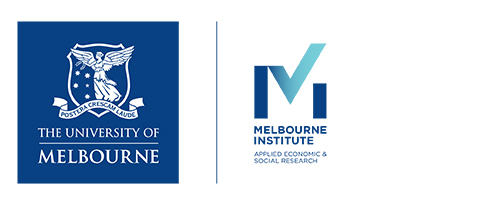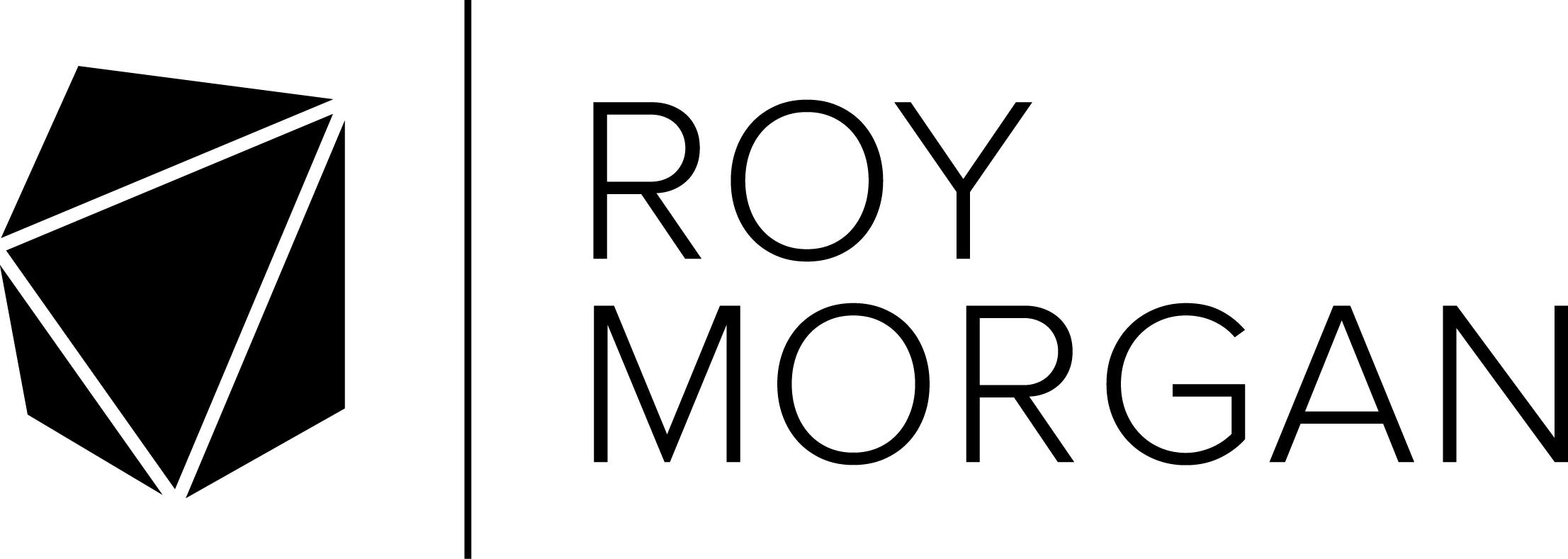Taking the Pulse of the Nation (TTPN) surveys the Australian population to capture their sentiments and behaviours related to current economic and social issues
Since 2020, the Taking the Pulse of the Nation (TTPN) survey has collected compelling information on the changing behaviours and attitudes of Australians. Together, Melbourne Institute and Roy Morgan understand the value in capturing the voices of Australians on the issues that matter right now. We use this information to create expert analyses to directly inform social and economic policies for our Nation.
This survey data is available subject to relevant fees and conditions. Please contact us for more information and access.
Financial pressures are seen widely as the key barrier to getting a university education
Australian-born residents are more likely than residents born overseas to believe that financial barriers prevent people from getting a university education. This is despite the fact that Australian-born residents are more likely to be eligible for financial help to support them while they study.
Taking the Pulse of the Nation (TTPN) survey data collected in June 2023 asked respondents why they believe people of a similar background to themselves in their 20s and 30s might not pursue a university education.
Respondents could choose multiple responses from a set of 16 reasons that can be broadly categorised as financial barriers (e.g. tuition is too expensive, there is not enough financial aid), personal barriers (e.g. no desire to go to university, health issues) and social barriers (e.g. it is hard to fit in with others in university).
Barriers to higher education are seen as similar by different socioeconomic groups
The data also reveals that a similar number of both university-educated people and those who’ve never entered the higher education system believe financial barriers are putting university out of the reach of young people in Australia.
There are no large differences in perceived barriers to higher education based on the respondents’ own educational attainment. Respondents with and without a university degree report similar numbers of relevant financial (2.54 vs 2.44), personal (0.69 vs 0.73) and social barriers (0.10 vs 0.09). The only meaningful difference in views centres on jobs after university. Around 56% of respondents with a university degree believe an important barrier to university for people of similar background to theirs is that university may not lead to a better job. This compares to 46% without a university degree.
The lack of differences across educational background can be surprising. It suggests that experience with the higher education system is unlikely to change people’s views about the barriers that matter most.
Australian-born respondents perceive bigger financial barriers to higher education
There are sharper differences in perceived barriers to higher education based on a person’s country of birth. People born in Australia believe there are many more relevant financial barriers to higher education than foreign-born respondents (2.57 compared to 2.17). This seems puzzling since foreign-born respondents are less likely to be eligible for financial support programs in Australia. The difference is mainly driven by Australian-born respondents being much more likely to report being reluctant to take on loans (55% vs 41%) and believing that university does not lead to a better job (55% vs 42%).
Perceptions of personal barriers to university are also higher for those born in Australia
There are also large differences between Australian and foreign-born respondents in the number of perceived personal barriers to higher education (0.74 vs 0.55). This is mainly due to Australian-born respondents being more likely to report barriers related to health or mental health issues (21% vs 14%), university being too far away from home (13% vs 7%), and other obligations that leave no time to go to university (18% vs 11%).
Many foreign-born respondents, or their parents, have been attracted to Australia by the quality of its higher education system and would therefore view it favourably. They are also more likely to have faced and overcome their own barriers to higher education as 78% have a university degree compared to 58% of Australian-born respondents.
This Taking the Pulse of the Nation insight was authored by Dr Nicolás Salamanca, Senior Research Fellow at the Melbourne Institute: Applied Economic & Social Research, 27 October 2023.
*This report uses survey responses from several waves of the Taking the Pulse of the Nation (TTPN) survey, from 5 July 2023 to 1 August 2023. The TTPN survey was conducted bi-weekly through 2021 and then monthly from 2022 among a representative sample of Australians. The total number of respondents used in this report is 1,002 who answered all relevant questions on their beliefs about barriers to higher education.
**Beginning in April 2020, the Taking the Pulse of the Nation (TTPN) was conceptualised and implemented by a group of researchers at the Melbourne Institute: Applied Economic & Social Research. Each wave includes a set of core questions, as well as additional questions that address current and emerging issues facing Australians. The TTPN sample is stratified to reflect the Australian adult population in terms of age, gender, and location. In 2022, the Melbourne Institute and Roy Morgan formed a partnership to extend the running of the TTPN. The TTPN Survey uses a repeated cross-sectional design. If you are interested in adding questions to the survey or accessing the data, please contact us at: melb-inst@unimelb.edu.au.
© The University of Melbourne & Roy Morgan- Melbourne Institute: Applied Economic & Social Research, 2023. This work is copyright. The material may be reproduced and distributed for non-commercial purposes only, subject to the inclusion of an acknowledgement of the source(s).

